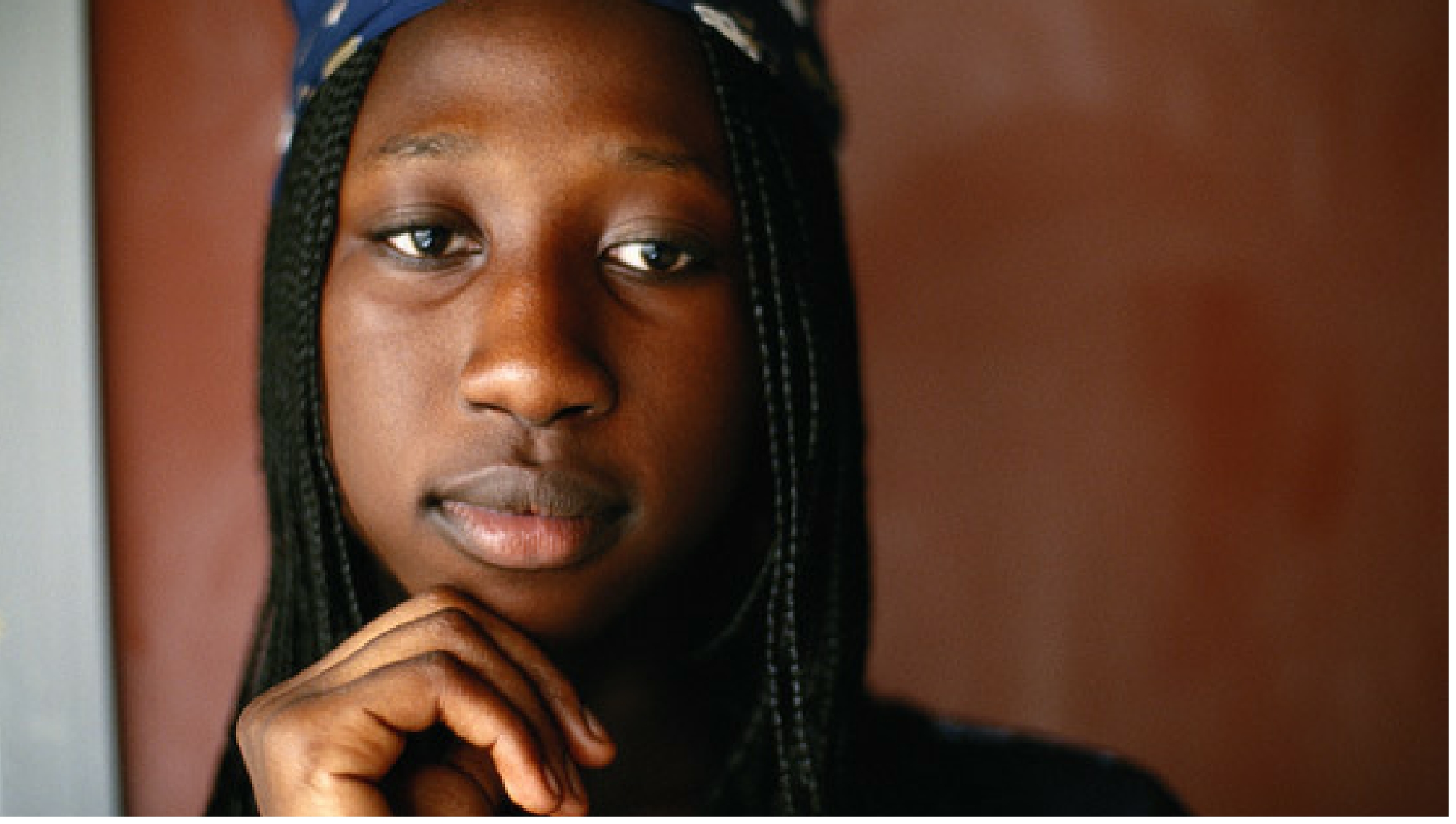I stood lurching on the swaying bus, praying silently.
As we screeched to a halt, I prepared to lead nearly forty middle schoolers into the pediatric nursing home. What we would see inside would stretch all of us far beyond our comfort zone, and challenge us to love and serve in ways we’d never before experienced.
It was with apprehension that we worked for weeks to prepare our students for a trip that most adults wouldn’t know how to handle.
You see, the center was packed with over fifty kids—but only two could move, and only four could speak. Virtually all the kids were hooked to feeding tubes and breathing machines, and wires beeped and blinked around their tiny bodies. Most of their frail limbs were twisted, and many had uncontrollable tremors and drooling. Others could open their mouths but couldn’t focus their eyes or move their heads at all.
Weeks before, a congregation member had approached our church and asked us to consider sponsoring some overlooked kids who wouldn’t be expecting Christmas gifts. Many of these children were confined permanently to the center and most had infrequent visitors. Some had even been given over to the state because of the intensity of their debilitation.
Within days, our church and school banded together to pack an entire bus full of wrapped gifts, toys and televisions.
Even more incredibly, in a bold move, we decided to bring our seventh and eighth grade students to the center themselves to hand out the toys and play with the kids receiving the gifts.
What I witnessed during this very unique service event was indescribable. I saw the Holy Spirit at work in and with my students as they selflessly served other kids. Not a single one of my students grimaced or stared at these children, but displayed smiles and love that caused staff members to choke up with emotion.
As I walked through the halls of the pediatric nursing home, I felt like bursting with joy. My students had paired up and were gently unwrapping gifts with kids, placing them around the room and playing with the kids. Though most of the children couldn’t speak, they were rolling their heads around with big grins, kicking feet in excitement and moaning with joy.
I watched my students tickle the feet of a one-year-old baby boy, cooing over him with delight, and saw other students sitting on the floor to assemble the new toys of an excited little girl. I witnessed my students laughing with and hugging kids who couldn’t utter a word, and tossing around a ball with a boy who could only kick by ramming his wheelchair against the ball.
Suddenly, the center director pulled me aside to a group of crying staff members. “Most adults don’t even know how to handle this sort of thing,” she said with tears in her eyes. “These students are extraordinary. They are changing the lives of the kids in here.”
I’ll admit that there was nervousness behind the scenes, as we prepared to take our students to this nursing home. Concerned teachers and parents grilled me, asking if this was really something middle schoolers were capable of doing. “Are these kids mature enough to handle what they’ll see?” several asked me bluntly.
My response was that every person needs to be challenged and have someone believe that they can meet that challenge.
I work with students daily. They’d be the first to tell you that I have high standards for them. I’m easygoing on many things, but unwavering on the values that I care about.
For instance, I value my students having a humble, servant-hearted attitude. As a result of this standard, my teens are the first to jump up and hold open a door, help a church member with a heavy box, set up chairs for an event and volunteer to run errands around school and church.
As a culture, I believe we’ve discounted the ability of our children. We chronically undervalue what they can contribute to society, deeming them largely unimportant until they’ve reached adulthood.
This simply isn’t true.
1 Timothy 4:12 reminds us that even the youngest people in our faith communities serve an important purpose in God’s Kingdom: “Let no one despise you for your youth, but set the believers an example in speech, in conduct, in love, in faith, in purity.”
My students frequently admit their frustration with being perpetually under-challenged by the adults in their lives, whether it’s parents, grandparents, teachers or leaders.
As teenage student Katie admitted, “People think that you can’t trust teenagers at all. I think that’s unfair.”
Brennen, an eighth grader, agreed. “I think adults have a hard time trusting us until we’ve earned it. You have to prove yourself to be able to have some respect from adults. But often, they don’t give us the opportunity to prove ourselves.”
“I don’t think adults focus on what we personally can offer the world,” complains Erin, echoing a common refrain from the rest of my students. “Adults baby us a lot.”
“I know sometimes adults don’t want us to experience the pain they’ve gone through, and they’re trying to keep us safe by limiting what we can do. But we still need to try new things,” said Connor, another student.
Adolescence is a hard time for both students and the adults in their lives, as teens waver between demonstrating clear-headed maturity and reverting into goofy, childlike behavior. Though they still need our guidance as they navigate the tricky road to maturity, we often shortchange just what kids can contribute.
Though I’m not suggesting you take your hands off the wheel and let your students steer, I do ask you to consider the ways your students can be challenged in your ministries.
Perhaps it’s time for your students to be stretched outside their limits by a serious service project. Maybe your students would benefit from running opening devotions or prayers. Consider how your students could have leadership roles in Vacation Bible School, Sunday school or other events and programs. Maybe your kids need to be flexed by the challenge of teaching your Bible study or class themselves. Possibly your students need to move outside the youth room and into the community in a meaningful way.
We can’t hold our students’ hands forever and we cannot dictate their future path. We can, however, launch them into the future with the experience and support they’ll need to succeed. Even when our kids falter, worry that they aren’t up to the task or flat out screw up, we’ll be there for them, waiting in the wings with an encouraging smile.
As one teenager, Allie, told me, “Adults underestimate our abilities to do things because we don’t have as much experience as them. We can’t do things as well as them, but that’s how we learn.”
More than anything, we must remind our students that they’re not alone in that complicated journey of growing up. Not only are we by their sides, but the Almighty God is with them at every moment, no matter what fears, failures, joys or decisions they face.
Jesus gave encouragement to both teens and adults alike when He told us in John 16:33, “I have said these things to you, that in me you may have peace. In the world you will have tribulation. But take heart; I have overcome the world.”
Whatever challenges we face, whatever age we may be, and whatever season of life we may find ourselves wading through, we can all rest secure in the unending love of Christ and His constant guiding presence in our lives.











0 Comments